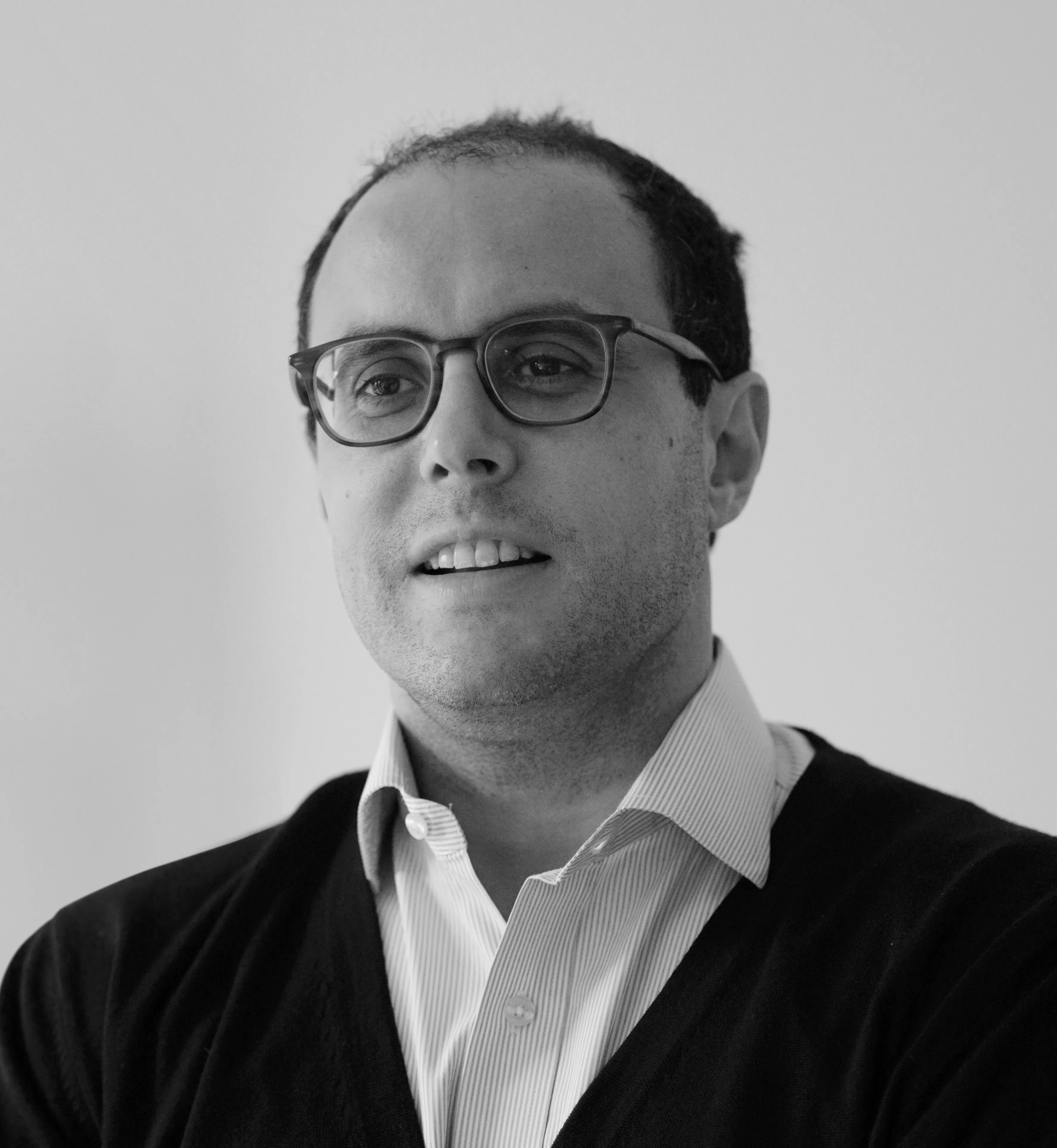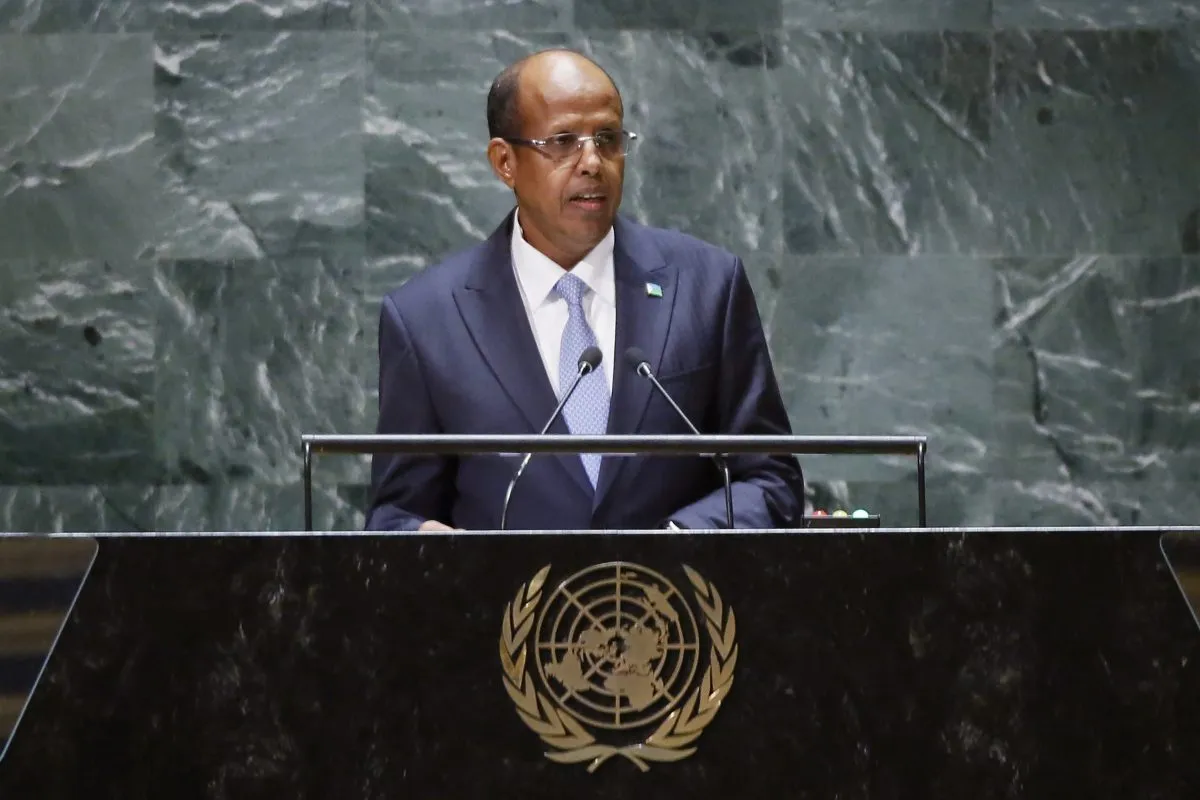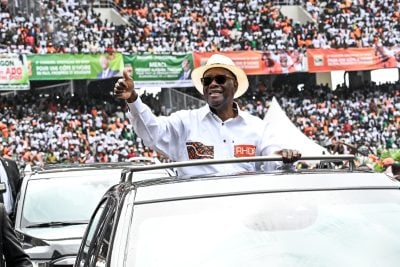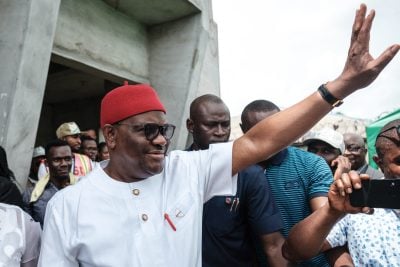When the Assembly of Heads of State of the African Union meet in February 2025 to choose the next chairperson for the African Union Commission, one of the choices before them will be Mahamoud Ali Youssouf, minister of foreign affairs of Djibouti and career diplomat. The new chair will be expected to guide the ship of the AU through waters that have perhaps never been as choppy.
And yet, this is a continent that is re-discovering its strength and potential and could, with the right leadership and strategy, arrive at a destination that has eluded it since de-colonisation – an industralised, peaceful and assertive continent that has the respect of its peers.
Born in 1965 and educated in his home country Youssouf went on to study in France, the UK – business management at the University of Liverpool – Canada, and Belgium at the Université libre de Bruxelles.
He began his diplomatic career in the 1990s, heading the foreign ministry’s Arab Affairs Department. He later served as Djibouti’s ambassador to Egypt and as minister-delegate for international cooperation before becoming minister of foreign affairs and international cooperation in 2005.
Unsurprisingly for someone with his experience, he has no illusions about the in-tray that he could potentially inherit. Africa is behind on many of the milestones it has set itself, including the ambitious Agenda 2063, “the Africa we want”.
The importance of reform
Among the priorities that need work are peace and security, as well as numerous reforms to build the institutional frameworks to allow for greater movement of goods, people and capital, and a stronger voice at the negotiating table, especially during a time when multilateralism is under pressure. So getting a seat on the UN Security Council for Africa is something that he will continue to push for.
Reforming the institution itself will be key to changing the narrative and Youssouf declares himself committed to that. He is keen, he says, to ensure that all the reforms that have been discussed as part of the AU review are implemented, and that these are fundamental to ensure a functioning, independent and effective Commission.
“Among these are reforms of the Commission, personnel, funding, divisions of tasks between regional economic communities and the regional commissions,” he lists in a conversation with African Business.
These, he believes, are key to “realising the aspirations of the African people and to implement the flagship programmes”, although he is clear that reforms are ongoing and will depend on many actors.
The Commission itself is a creation of reform, coming into effect when the Organisation of African Unity, established in 1963, transmogrified into the AU in 2002. It is the duty of the Commission and – its 8 commissioners with specific portfolios – to manage the day-to-day affairs of the organisation and implement the big ideas that emanate from the Assembly of Heads of State, the highest decision-making body.
Youssouf says prioritisation is important in tackling the agenda of the body. “There are 15 key programmes but they can’t all be executed in a short space of time. There are things that have been done in the past decade – continental free trade, common market for air transport, peace missions – that we have to continue to pursue.”
He also wants to consolidate the AU’s close relationship with the European Union, China, Japan and other countries.
“I think these are strategic partnerships that allow the AU to play a greater role in the international arena.”
A recent victory is the admission of the African Union into what will now be known as the G21. A seat at the table where some of the most important and consequential decisions on the global economy and on trade are made should, in theory, be a boon for a continent that has often been consigned to the position of rule-taker. It will be the duty of the AU’s leadership, including the commission, to transform this opportunity into tangible benefits.
“This work is a continuous work,” Youssouf notes.
Some of this work is the development of the continent’s infrastructure under the Program Infrastructure Development for Africa (PIDA). Another is an African passport that will boost further integration and facilitate trade and skills exchange among the 54 member states of the AU.
Finance remains a key stumbling block for the AU. As Youssouf is keen to stress, 70% of the AU’s programmes are funded by external partners, which is untenable. Financial sustainability was a key recommendation from the review that was conducted under Rwanda’s President Paul Kagame, but it is still far from resolved. Africa, he thinks, has the capacity to finance its programmes and must find ways to ensure that it does.
The AU is a strong organisation but one that could be more effective with better coordination and alignment with Africa’s regional economic communities well as other international multilateral bodies, he believes.
“There are 1,300 people working at the AU and some great talent. We need to eliminate some of the [administrative] bottlenecks to be more effective.”
He also knows that things require time. His experience in Djibouti is that with the right vision, patience and diplomatic skills, a great deal can be achieved. Djibouti today is a global hub that has benefited from successful partnerships as well as access to a large region. This experience, he believes, stands him in good stead.
Youth is key
Also on his radar are connected, digital universities to boost Africa’s human capital, which is at once the continent’s greatest resource and greatest risk. The continent has the youngest population of any continent and while young people could power a new, innovative future, they could also be a security nightmare if they can’t gain the training, skills and opportunities to enable them to contribute and compete with their peers in other parts of the world. To Youssouf, the continent’s youth and women deserve special attention.
“I believe that we must also not forget two categories I would say of Africans who are the driving forces, the powerhouse of this continent – youth and women.” He situates this within the broader context of the union’s raison d’etre. “I think one of the major objectives of the Union should be to make it not just a union of governments, but of peoples. And to make it a union of peoples, we must focus on African youth and African women. There is a lot of work that must be done to ensure this ownership of the union by our women and young people,” he says.
Leadership matters
The work, he says, must and is going on.
“That is why, every year, the Union is presided over by a different leader. Every leader, I say, adds a brick to this building, which is not yet complete,” he says, harking back to the theme of continuity of the African project. And there is precedent for this.
“Take the EU, for example. They did not stop building after 60 years, did they?” he questions, pointing out that the EU has fewer countries – 27 to Africa’s 54 – and is more homogenous and better resourced.
“Ours is a continent that is more fragmented by the consequences of colonisation and so you can see that the challenge is much greater for us.”
Youssouf’s candidacy may benefit not only from the longevity of his tenure as chief diplomat for his country, but also from the Djibouti’s own stability in a region with its share of turmoil, including in Sudan and Ethiopia, two of its larger neighbours.
The country in the past year held the chair of Intergovernmental Authority on Development, the eastern African regional bloc. Its strategic position also means that it has outsized significance for global powers – the country hosts both the US and Chinese military.
What is his management style? He says any good leader must have a strong work ethic. He also understands the virtues of patience, of a good judgment and a strong understanding of the issues at hand. Diplomacy has taught him that compromise is also key.
Youssouf is hoping that the heads of state at the February electing conference will recognise these as points in his favour as they choose who to manage the Commission for the next four years.
“I hope to be elected to be able to share what we were able to do in Djibouti, to share it at the continental level,” he says. “That’s my ambition.”
Want to continue reading? Subscribe today.
You've read all your free articles for this month! Subscribe now to enjoy full access to our content.
Digital Monthly
£8.00 / month
Receive full unlimited access to our articles, opinions, podcasts and more.
Digital Yearly
£70.00 / year
Our best value offer - save £26 and gain access to all of our digital content for an entire year!

 Sign in with Google
Sign in with Google 



